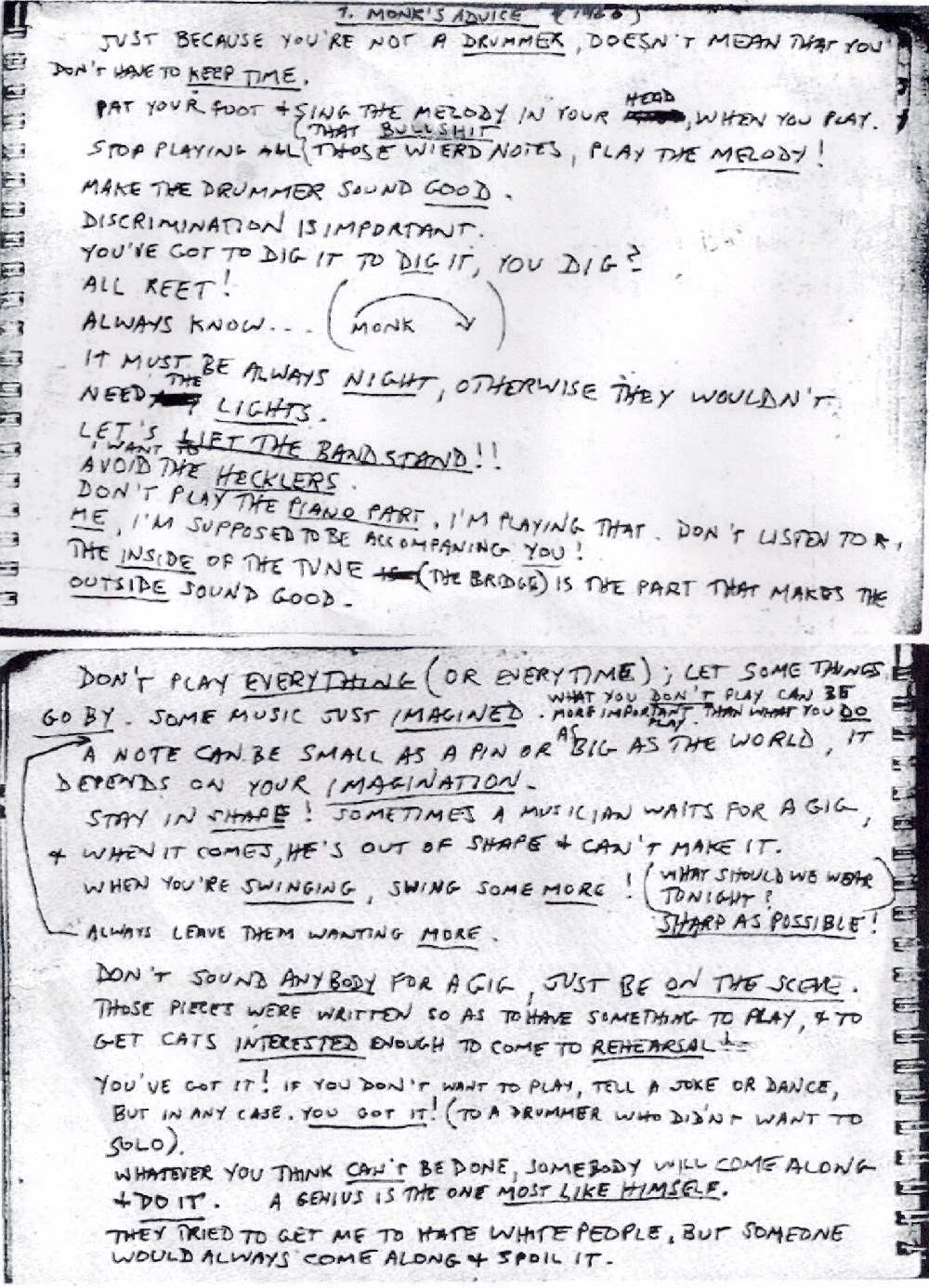Since coming back to work from the holiday break, I’ve been moving non-stop. There’s so much I want to write about; professional development I’ve been doing in districts, NCDLCN and how amazing this year’s coaching cadre is, the wonderful work I’ve seen while shadowing my colleagues, but I just haven’t had time this week to focus my thoughts in a way that would justify any of those experiences.
Instead of focusing on one, single thing this week, I am going to share some of the awesome things I’ve been reading – things that have caused me to take notice, reflect on my practice and, ultimately, continue to learn and grow.
“Great Artists Write” by Paul Jun
This piece tackles the idea of self reflection through writing. Since I’ve been personally writing and reflecting on my new experiences at FI, I was instantly drawn into this. I love the idea of using writing as a way to champion our creativity, critical thinking and clarity. And, as someone who taught writing to high school students for most of her career, I believe in its power to transform people. This post also offers practical ideas for kickstarting your own reflective writing – all of which are super accessible.
“You’re working hard. But are you heading towards the right life goals?” by Jessica Abel
I came across Jessica Abel’s site by accident through someone else’s tweet. But I am so glad that I did. I have loved all of her posts I’ve read so far. This one, challenges our ideas of goals and setting goals that are not only attainable, but goals that we are passionate about – simply put, the right ones. I love her assertion that creative success is mostly about defining success for yourself, envisioning not just your future projects or productivity, but your actual, future self. I enjoyed her advice for setting goals and the candor with which she tells her own story of failed attempts.
“Hate PD? Try Voluntary Piloting.” by Krista Taylor
Without giving too much away, this is a piece that all educators should read. I can’t tell you how many times I have heard complaints about professional development – it’s too long, too short, doesn’t apply, boring, confusing, not enough tools featured, and the list goes on and on. This model of PD is different though. It’s small, grass roots and asserts that even a small, passionate group of educators can spark transformational change. This one will inspire you to act.
“How I Come Up With 20 New Ideas a Day” by Rodd Chant
This post offers such a great idea for being creative each day! He gives a few, simple ways to come up with new ideas, whether they turn into to larger projects or not. As someone who works around brilliant, creative people, I feel pressure to constantly be innovative, even though this isn’t always easy. I love his advice that you have to let your ideas flow without editing yourself, since, at the end of the day, idea creation is all for you. Whether an idea is good or bad doesn’t matter, all that matters is that it happens.
“Man on the Moon” by Jonathon Wennstrom
I was drawn to this post for two reason. First, it’s written by an educator, someone in the trenches. Second, it’s simple and all about impacting students. He gives us a siren call to check our egos at the door so that we can simply focus on doing impactful, transformational work. While the post is short, it reminds me of why I love being a part of the PLLC team at FI – we are about the work, not about the accolades. We come together to focus on creating learning experiences that lead to impacting students. It really is that easy. We don’t compete, compare or criticize, we just do good work.
“A Class Where Students Create the Curriculum” by Natalie Orenstein
I wish all students were able to have learning experiences like the ones described in this post. I wish that it didn’t take an act of Congress to enable these conditions (thanks Greg) and I wish that this story was the norm, not the exception and was reproducible in every district. Even if it takes baby steps to create these types of experiences for kids, it’s worth dreaming and working towards.
“We Ask Our Kids What They Learn Each Day. Why Don’t We Ask Ourselves?” by Rupa Chandra Gupta
I love this post (and most of the things published on EdSurge). It will make you reflect and consider the difference between reactive and proactive learning. As a true believer in the importance of lifelong learning, and as someone who is always looking for opportunities to learn, I think it’s worth the time it takes to read this if it makes someone consider being more proactive and seeking out opportunities for growth.
“32 Productivity Tips from the World’s Top Designers” by John Brownlee
This article is exactly what it says, tips on how to be more productive this year. While the tips are from people in the design world, the suggestions are very relevant to anyone – and have many applications in education. I enjoyed reading this and will be using some of what I read to help myself be more productive. Besides, shouldn’t we be working smarter, not necessarily harder?








